Introduction:
Perseus, the legendary Greek hero, is known most famously for slaying the Gorgon Medusa and rescuing Andromeda from a monster. His many exciting stories and adventures have made him one of the most popular figures in Greek mythology. He is celebrated as a hero, and his heroic feats have become part of the fabric of Western culture. In this article, we take a closer look at the ancient myths and stories of Perseus – including his childhood, adventures, and eventual fate.
Point 1: Perseus’ Childhood
1. His Parents: Perseus was the son of Zeus, the king of the gods, and Danae, the daughter of King Acrisius of Argos. Danae was placed in a prison by her father in order to prevent her from bearing children, as a prophecy had indicated that any son of hers would one day kill Acrisius. Zeus then appeared to Danae in the form of a shower of golden rain, and Perseus was born soon after.
2. Overturning the Prophecy: After Perseus was born, Acrisius was so fearful of the prophecy that he had the mother and infant put in a box and cast them out to sea. However, the prophecy was not fulfilled as King Polydectes of Seriphos arranged it so that Perseus and his mother were rescued and brought back to the island.
3. Perseus’ Upbringing: After Polydectes found out that Perseus was the son of a god, he took it upon himself to educate the young man and teach him how to fight. Through this education, Perseus learned about the heroic feats of his father and was determined to follow in his footsteps.
Point 2: Perseus’ Adventures
1. Killing the Sea Monster: King Polydectes of Seriphos ordered Perseus to slay a sea monster known as Cetus in order to save the island. In order to complete the task, Perseus asked the gods for help and received special gifts, including a magical sword, helmet of invisibility, and the famous winged sandals. With these gifts, Perseus confidently went forth and killed the monster, thus fulfilling his mission.
2. Slaying Medusa: After killing the sea monster, Perseus then set out in search of the dreaded Gorgon Medusa. In order to succeed in this heroic feat, Perseus had to look at Medusa only in her reflection. After obtaining reflective armor from Athena, Perseus fought and eventually defeated Medusa. He then used her head as a weapon to defeat various monsters.
3. Rescuing Andromeda: After defeating Medusa, Perseus set off to free Andromeda from a sea monster. Andromeda had been chained to a rock by her mother to appease Poseidon, who was angry at her mother for boasting about her beauty. Using the power of Medusa’s head, Perseus managed to turn the sea monster into stone. This courageous feat enabled him to free Andromeda and the two were later married.
Point 3: Perseus’ Homecoming and Confrontation with King Acrisius
1. Perseus and Andromeda in Argos: After discovering his true identity, Perseus and Andromeda returned to Argos so that Perseus could confront the now-old King Acrisius. As soon as they entered the city, Acrisius knew who Perseus was and recognized the gods’ favor upon him. To avoid fulfilling the prophecy, King Acrisius decided to flee the city.
2. Curse of King Acrisius: Before leaving, however, Acrisius cursed Perseus and Andromeda. This curse eventually led to the death of Perseus in a way that was entirely out of his control—a discus throw at a funeral competition. Acrisius’ actions and ensuing curse thus highlight the power of fate in Greek mythology.
3. Perseus’ Ascension to Godhood: In recompense for his courage and heroic deeds, Perseus was given a place amongst the gods on Mount Olympus. Perseus was also honored with an impressive constellation, known now as Perseus, which is still visible in the night sky.
Point 4: The Story of Perseus in Modern Culture
1. Film Adaptations: The story of Perseus has been repeatedly portrayed in modern films. A particularly famous adaptation is the 1981 cult classic, “Clash of the Titans”, which stars Harry Hamlin as Perseus. The film was remade in 2010 at an even larger scale with impressive visual effects, further catapulting Perseus to the status of an icon.
2. Cultural Impact: The inspiring story of Perseus has long been celebrated as a symbol of good prevailing over evil. He has provided a powerful role model for many generations, and his story still has a strong presence in Western culture. Indeed, even today, references to Perseus and his heroic nature are commonplace in literature, film, and television.
3. Statues and Property: Perseus is further honored by the many statues and works of art that depict him in a heroic light. Additionally, an asteroid known as 101955 Perseus was named after him, and numerous ships and planes now bear his name.
Point 5: The Role of Perseus in Greek Mythology
1. Depiction of Perseus in Greek myths: In Greek mythology, Perseus is primarily celebrated as a hero. He is an example of courage, strength, and intelligence, and is known as one of the greatest figures in ancient Greek culture. His journey epitomizes the heroic struggle between good and evil, and provides an example of a great warrior in the face of adversity.
2. Perseus and the Gorgon Sisters: As mentioned above, Perseus famously defeated the Gorgon Medusa and used her head to defeat other monsters, including the sea monster Cetus. In mythology, the Gorgons were a trio of formidable female creatures, with Medusa being the most famous. The defeat of Medusa was thus a potent symbol of strength and power.
3. Perseus and the Overcoming of Fate: In some versions of the story, Perseus also defeats the three Graeae sisters who had the power to determine fate. This further illustrates the power of his courage and strength to overcome adversity, suggesting that it is ultimately up to the individual to defy their fate and make their own destiny.
Point 6: Relevance of Perseus to Modern Culture
1. Qualities of Perseus: The story of Perseus brings forth various qualities that are still relevant to modern culture. He provides a source of inspiration and strength to those faced with difficult obstacles in life. Perseus is an embodiment of courage, resourcefulness, and intelligence, which are all qualities that are still celebrated and desired today.
2. Perseus and the Hero’s Journey: In addition to his qualities being relevant, the story of Perseus is also inline with what is known as “the hero’s journey” – a story arc common in modern literature and film which follows the growth of a character from a young person filled with fear to an individual that fulfills a heroic task. Perseus seemingly follows the typical hero’s journey.
3. An Icon for All Time: The figure of Perseus thus remains a timeless icon in the world of Greek mythology. His story carries important messages about courage, belief, and the powers of individual will, values that have always been integral to a culture and yet continue to shape our modern world.
Conclusion
The story of Perseus is an enduring classic of Greek mythology – a tale of strength, courage, and resourcefulness. Through his adventures – defeating powerful monsters such as Medusa and Cetus, and rescuing Andromeda from a sea monster – Perseus has provided an inspiring example of a courageous hero. To this day, the influential character of Perseus still instills a sense of awe and admiration, as his story continues to captivate audiences with its timeless messages.
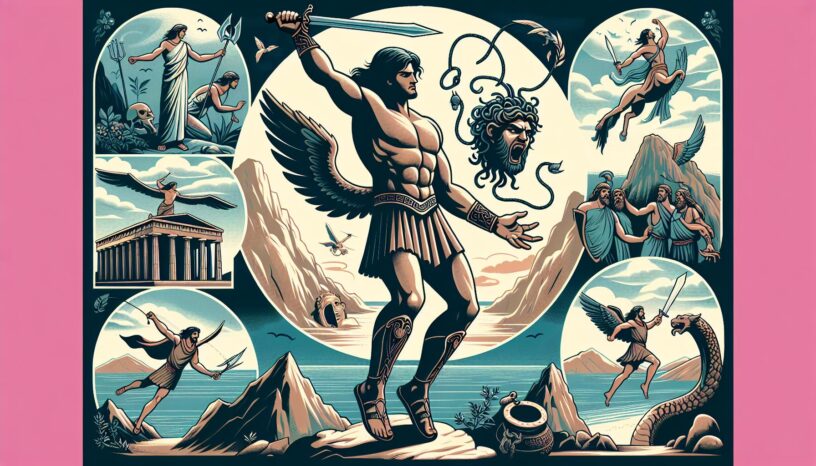
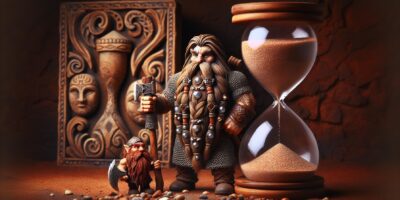
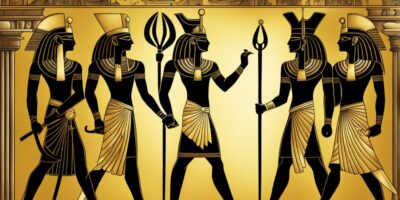

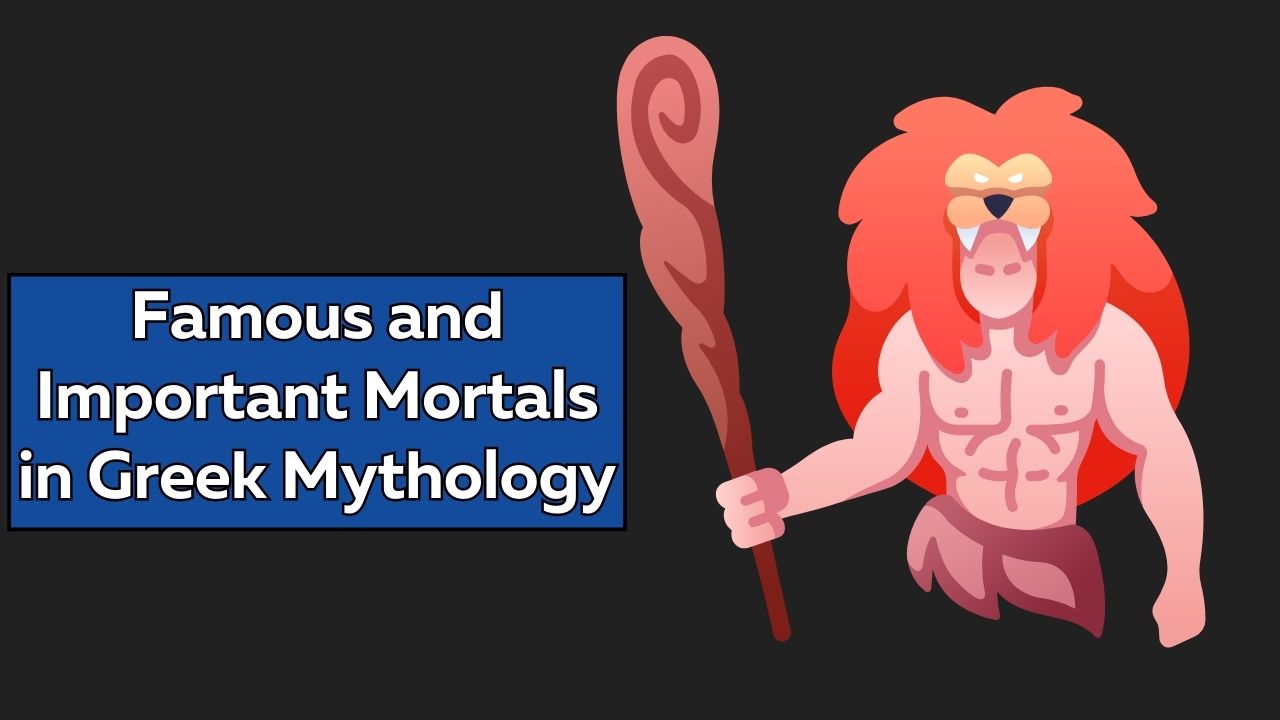
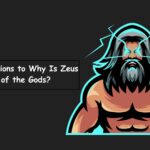

Leave a Reply